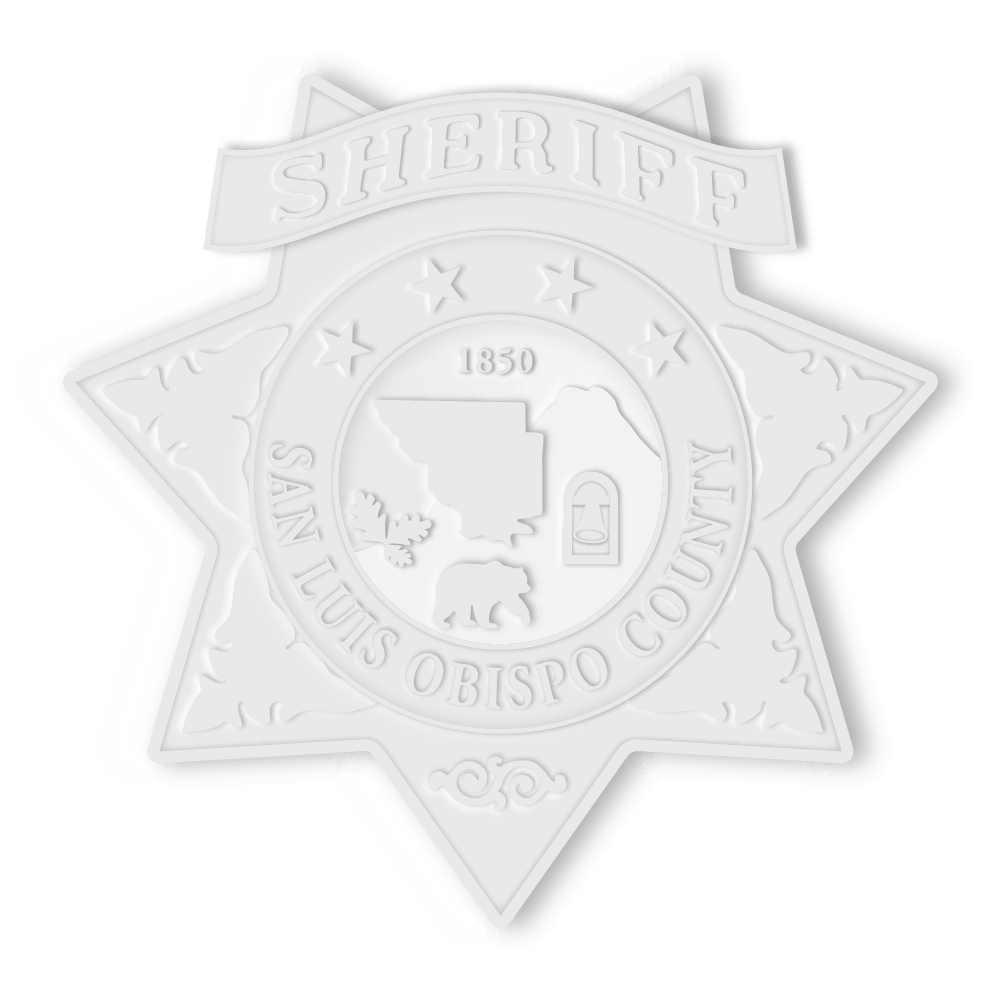The type of exam to be performed depends on the specifics of the case. The Forensic Pathologist will obtain information that was gathered during the investigation. They will then determine the extent of the exam to be performed. In general, 3 different types of exams can be performed:
Autopsy: This is a surgical examination of the body. This procedure looks at the external and internal components of the body to document injuries, disease, and other conditions of the body. The procedure is performed by our forensic pathologist who has specialized training in recognizing the appearance of injuries and the effects of diseases.
Partial Autopsy: Similar to the above procedure but more limited in scope.
External Examination: A detailed examination of the external components of the body. No incisions into the body are made during the procedure.

